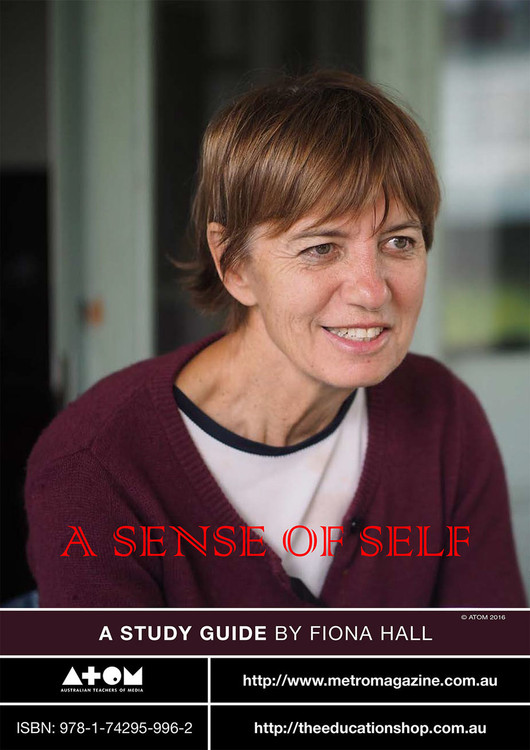Many of Australia’s most celebrated independent filmmakers began their careers in filmmakers co-ops. Dedicated, energetic and young, filmmakers like Jan Chapman, Gillian Armstrong and Phillip Noyce fondly acknowledge the formative influence of the Sydney Filmmaker’s Co-op.
Albie Thoms, one of the founders of Sydney’s ‘underground cinema’ group Ubu Films, along with Martha Ansara, Richard Brennan, Pat Fiske, Susan Lambert, Margot Nash, Jeni Thornley, Stephen Wallace and Tom Zubrycki, were all involved in the work of the Sydney Co-op.
In Melbourne, Barbara Creed, Sue Ford, Ivan Gaal, Peter Tammer and countless other artists and filmmakers embraced international counterculture and emergent Australian cinema through independent film and video. Filmmakers Co-operatives were a global phenomena of the late 1960s and 1970s with similar groups established in London, New York, Amsterdam, and elsewhere, and in Brisbane, Adelaide and Fremantle.
The Filmmakers Co-ops transitioned from distributing and exhibiting 1960s avant-garde films, to distribution of films for the women’s movement, Indigenous rights, prisoners’ rights, gay and lesbian liberation, and offered a critical engagement with a market-driven, mainstream film industry.
By the early 1980s conflicts between the community-based cooperatives and the managerial style of centralised government bureaucracy, challenged the Co-ops’ viability, and led to their ultimate demise. The Co-ops’ stories and the films they distributed are vibrant, surprising and essential to understanding Australian cultural history.
Curriculum Links:
This study guide on Senses of Cinema: Australian Filmmakers Co-operatives 1966-86 is mainly aimed at secondary school levels 10-12, with relevance within the class activities to the Australian Curriculum General Capabilities of: Literacy, Critical and Creative Thinking; Ethical Understanding.
Senses of Cinema can be linked to the following subject areas within the Australian National Curriculum:
- English
- Media studies
- 20th century Australian History
 Quick Shop
Quick Shop